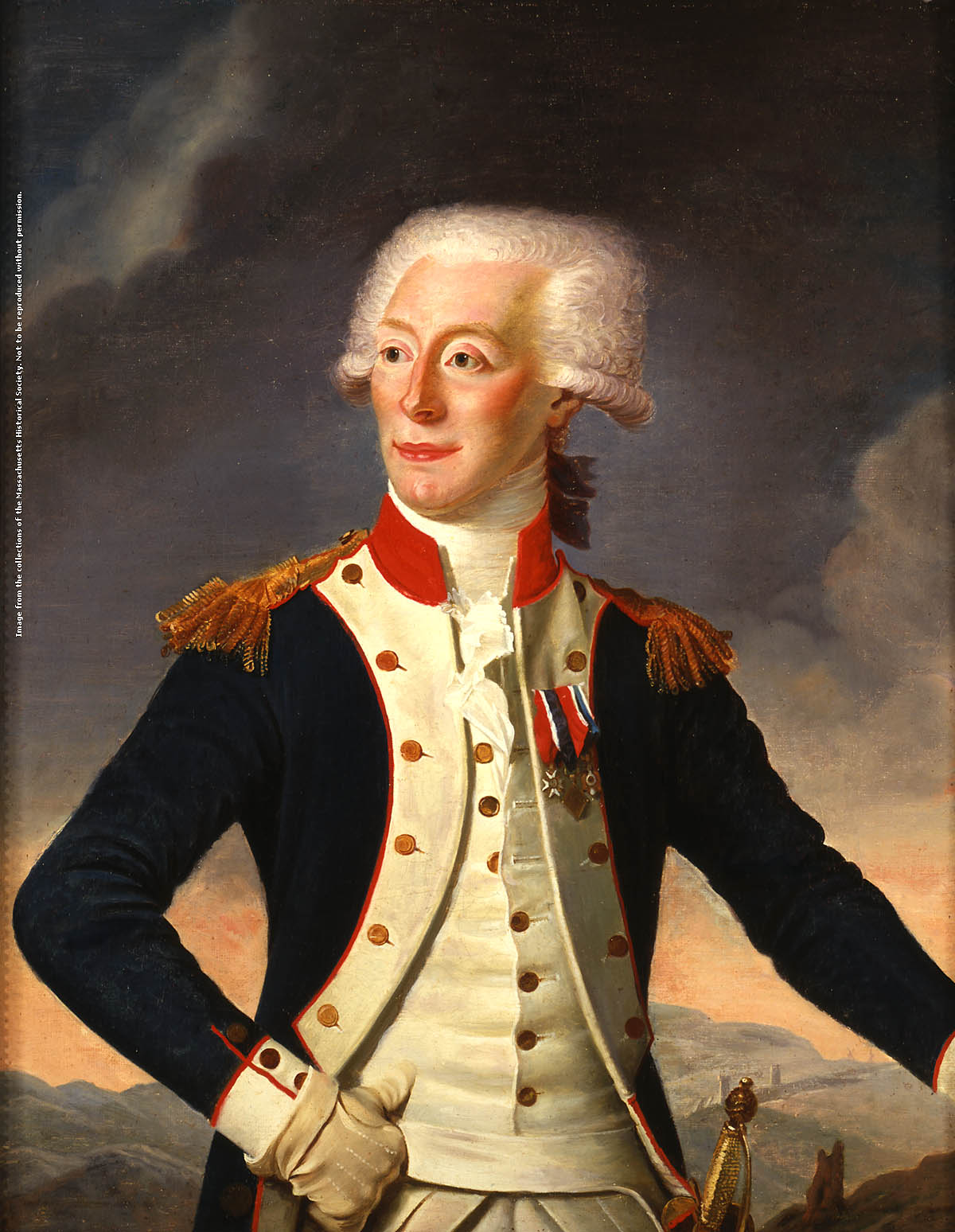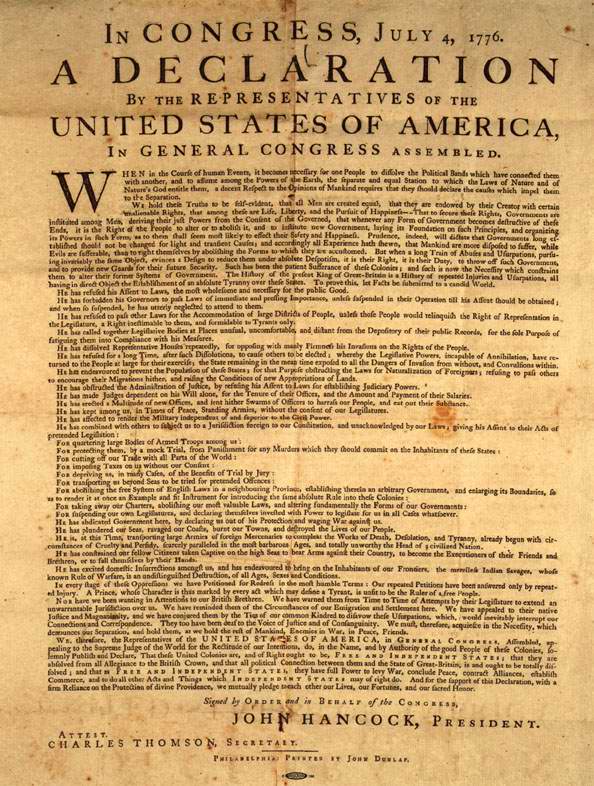
However, Jefferson was also a well-known Francophile, and
spent several years in France as an ambassador. At a time when many Americans sided
with Britain in the persisting Franco-British rivalry, Jefferson was adamantly
pro-French. Upon leaving the country in 1789, he expressed his “sense of its
preeminence of character among the nations of the earth.”
It is therefore no surprise that many of the early
principles that sparked France’s revolution are outlined in Jefferson’s
declaration, as he was well known in Europe as the author of the document.
Jefferson predicted that America’s democratic experiment would inspire further
revolutions. In a famous analogy, he wrote that America’s “ball of liberty”
would roll around the world. France would be the first to be flattened.
 |
| "Reveil du Tiers Etat": "The Awakening of the Third Estate" The nobility (left) and clergy (center) recoil in fear at the newfound independence of the third estate. |
The Assembly adopted the Declaration of the Rights of Man
and of the Citizen in August, which is where Thomas Jefferson most directly
influenced the revolution.
The Marquis de Lafayette, who played an important role in our own American Revolution, introduced the Declaration of the Rights of Man and of the Citizen. While this document differed from the Declaration of Independence in some ways, it was undeniably inspired by Jefferson’s original work. In fact, Lafayette even wrote to Jefferson asking for “observations” and comments on his ideas before presenting the document to the National Assembly.
The Marquis de Lafayette, who played an important role in our own American Revolution, introduced the Declaration of the Rights of Man and of the Citizen. While this document differed from the Declaration of Independence in some ways, it was undeniably inspired by Jefferson’s original work. In fact, Lafayette even wrote to Jefferson asking for “observations” and comments on his ideas before presenting the document to the National Assembly.
 |
| While Jefferson was in Paris, he became a close friend of Lafayette's |
 In substance, the similarities are also remarkable. Both
documents reference a divine, self-evident truth on which fundamental rights
are anchored. Both affirm that all men are born free and equal, and in cases of
government oppression, they have the right to resist to that oppression (“la
résistance à l’oppression”.) Finally, both affirm that sovereignty (“le
principe de toute Souveranieté”) rests fundamentally with the people. As
Jefferson’s document came first, the importance of the Declaration of
Independence in France’s own revolution cannot be understated.
In substance, the similarities are also remarkable. Both
documents reference a divine, self-evident truth on which fundamental rights
are anchored. Both affirm that all men are born free and equal, and in cases of
government oppression, they have the right to resist to that oppression (“la
résistance à l’oppression”.) Finally, both affirm that sovereignty (“le
principe de toute Souveranieté”) rests fundamentally with the people. As
Jefferson’s document came first, the importance of the Declaration of
Independence in France’s own revolution cannot be understated.
As the revolution dragged on past 1793 and the ruling
factions became more and more extreme, Jefferson did eventually express his
disapproval with the direction of the revolution. Apparently, he wasn’t too
fond of the thousands of executions of political dissenters via the guillotine
under Robespierre.
| Yikes. |
However, the symbolism of the revolution still remains incredibly important to the French identity today. And it’s incredible to be able to say that the French Revolution was inspired in part by a patriot born here in Albemarle County, Virginia.
No comments:
Post a Comment
Thank you for reading the AFC blog!